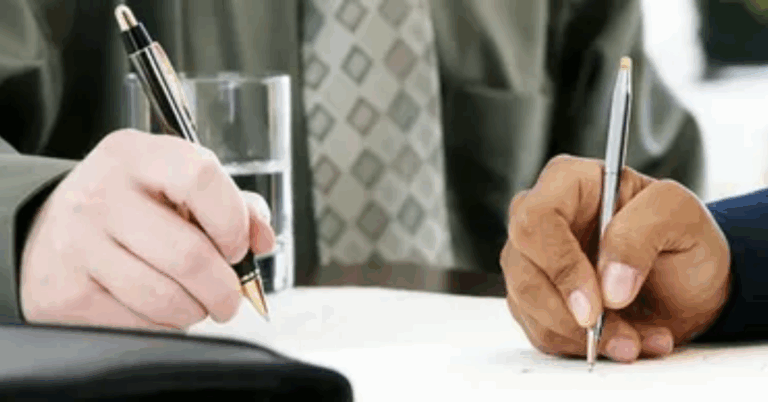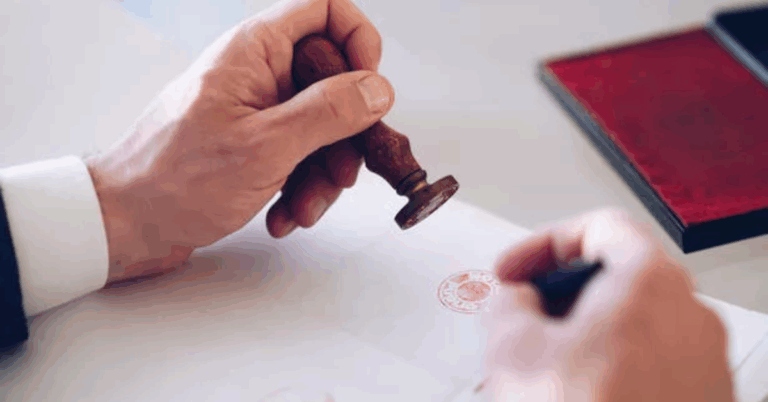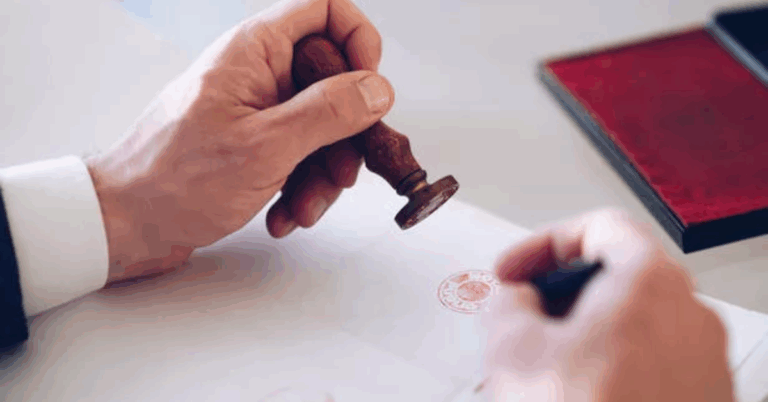Apostille Service in Pennsylvania: Your Guide to International Document Authentication
If you need to authenticate a document for international use, obtaining an apostille in Pennsylvania is an essential process. An apostille verifies the authenticity of your documents, ensuring they are accepted in foreign countries that are part of the Hague Apostille Convention. Here’s an overview of the Apostille Service Pennsylvania.
Documents That Typically Require an Apostille
Several types of documents may require an apostille for international recognition. These include:
- Personal Documents: Birth certificates, marriage certificates, adoption records, and divorce decrees.
- Educational Documents: Diplomas, degrees, and transcripts from educational institutions.
- Business Documents: Articles of incorporation, business licenses, and power of attorney.
- Legal Documents: Court orders, affidavits, and notarized contracts.
Steps to Obtain an Apostille in Pennsylvania
- Prepare Your Document Ensure that your document is eligible for apostille certification. In Pennsylvania, it should either be issued by a state authority or notarized by a licensed Pennsylvania notary public. Documents notarized outside Pennsylvania may require additional steps.
- Notarization (When Necessary) If the document requires notarization, a licensed notary public in Pennsylvania must properly notarize it. The notary’s signature must meet all legal requirements to avoid complications during the apostille process.
- Certification by County Clerk (If Applicable) For some documents, you may need certification from the county clerk where the notary is registered. This step may be necessary to verify the authenticity of the notary’s signature before moving forward with the apostille process.
- Submission to the Pennsylvania Department of State Submit your document to the Pennsylvania Department of State for apostille certification. The submission must include:
- The original or a certified copy of your document.
- A completed request form.
- The necessary fee (usually by check or money order).
You can choose to submit the document by mail or in person. If you prefer in-person submission, be sure to contact the department beforehand to confirm processing times and avoid long waits.
- Receiving Your Apostille After processing, the apostille will be attached to your document. This certificate ensures the document will be recognized internationally in countries that accept the apostille.
Key Tips for a Successful Apostille Process
- Understand Country-Specific Requirements: Different countries may have specific requirements for documents being presented abroad. Double-check the country’s apostille regulations before proceeding.
- Allow Adequate Time: Processing times can vary, especially if submitting documents by mail. Be prepared for potential delays and plan accordingly.
- Consider Professional Help: If you find the apostille process daunting or time-consuming, you can opt to work with a professional apostille service to handle the details for you.
Final Thoughts
The apostille process in Pennsylvania is straightforward once you understand the necessary steps. By preparing your documents properly and following the outlined procedures, you can ensure that your documents will be accepted in international settings. Whether for personal, business, or legal matters, obtaining an apostille is a crucial step for making your documents legally recognized worldwide.







